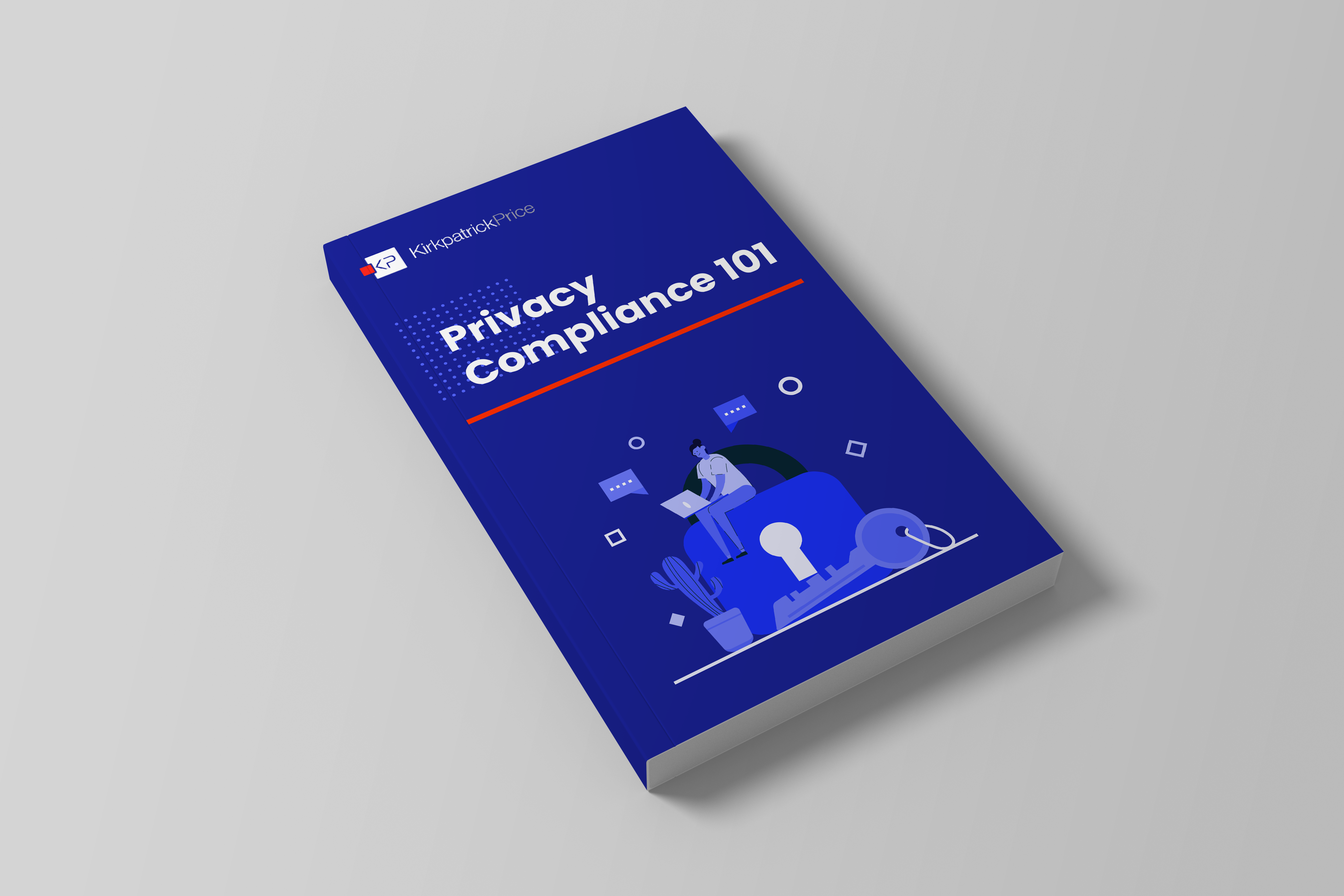
Dallas, Texas – July 2022 – Trinity Real Estate Solutions, a leading national provider of construction lending services, specialty inspections and appraisals, announced the completion of its annual SOC 2 Type II audit for the fourth year in a row. Performed by KirkpatrickPrice, the attestation certifies Trinity’s ceaseless commitment to protecting its clients’ confidential data while confirming the highest level of standards, processes and controls for data privacy and security.
“Data security remains one of our top priorities, and we believe the amount of time and rigorous effort required to complete this attestation every year assures our customers of our dedication to standardizing and streamlining Trinity’s security practices, operational environment and policies and procedures,” explains Steve Fontaine, VP Services, Trinity. “With the increasing threats of ransomware attacks, data breaches, and IT outages, we are diligent to protecting our clients’ most critical assets and allowing them to focus on what they do best in their respective businesses”
“The SOC 2 audit is based on the Trust Services Criteria,” said Joseph Kirkpatrick, President of KirkpatrickPrice. “Trinity Real Estate Solutions delivers trust-based services to their clients, and by communicating the results of this audit, their clients can be assured of their reliance on Trinity Real Estate Solutions’ controls.”
A SOC 2 audit provides an independent, third-party validation of a service organization’s information security practices as required by the American Institute of Certified Public Accountants’ (AICPA.) During the audit, a service organization’s non-financial reporting controls are tested as they relate to security, availability, processing integrity, confidentiality, and privacy of a system. The SOC 2 report delivered by KirkpatrickPrice verifies the suitability of the design and operating effectiveness of Trinity’s controls to meet the standards for these criteria.
About Trinity Real Estate Solutions:
Trinity Real Estate Solutions®, Inc. is a national provider of residential and commercial construction lending services, including draw inspections, appraisals, and loan administration services. Its products are designed to mitigate risk and provide onsite assessments of properties. Trinity serves customers in the banking, mortgage lending, insurance, and credit-card industries, providing a comprehensive suite of solutions through five unified companies. Headquartered in Irving, Texas, Trinity partners with thousands of field appraisers, inspectors, contractors, engineers, architects, surveyors, and brokers across the country. They serve small, regional, and national customers. For more information, visit www.trinityonline.com or follow Trinity on LinkedIn.
About KirkpatrickPrice:
KirkpatrickPrice is a licensed CPA firm, PCI QSA, and a HITRUST CSF Assessor, registered with the PCAOB, providing assurance services to over a thousand clients in North America, South America, Asia, Europe, and Australia. The firm has more than a decade of experience in information security by performing assessments, audits, and tests that strengthen information security practices and internal controls. KirkpatrickPrice most commonly performs assessments on SOC 1, SOC 2, PCI DSS, HIPAA, HITRUST CSF, GDPR, ISO 27001, FISMA, and FERPA frameworks, as well as advanced-level penetration testing. For more information, visit www.kirkpatrickprice.com, follow KirkpatrickPrice on LinkedIn, or subscribe to our YouTube channel.




